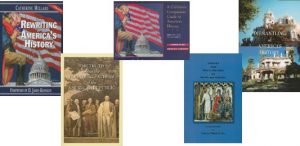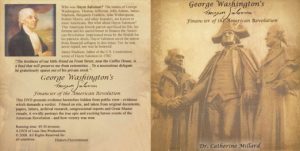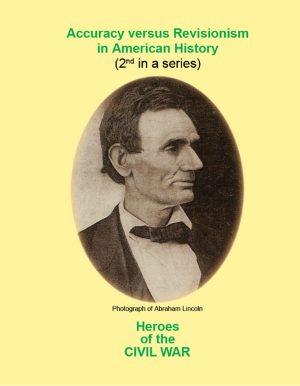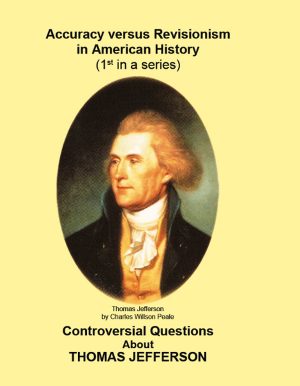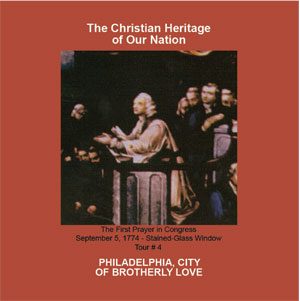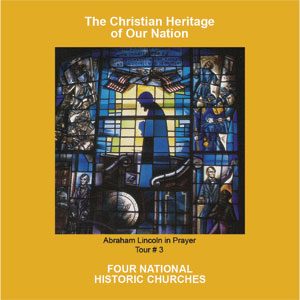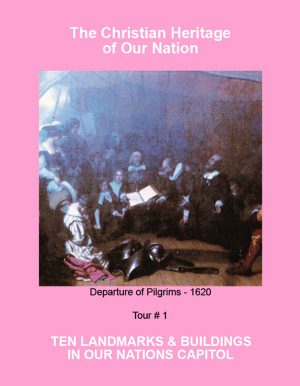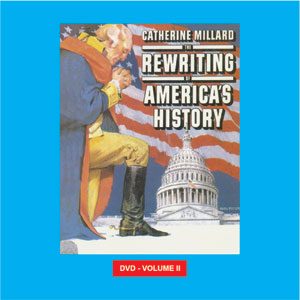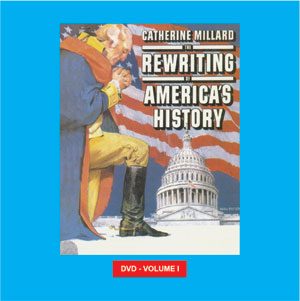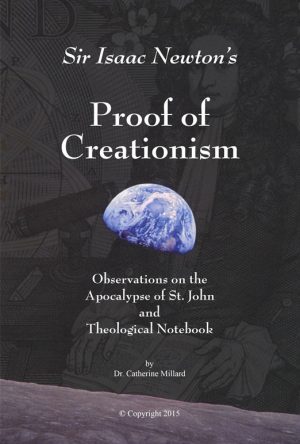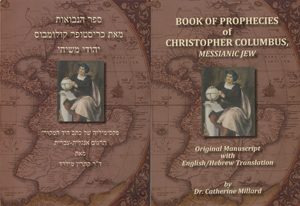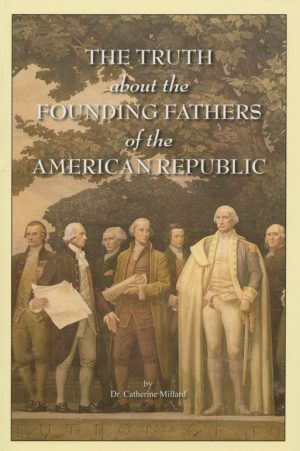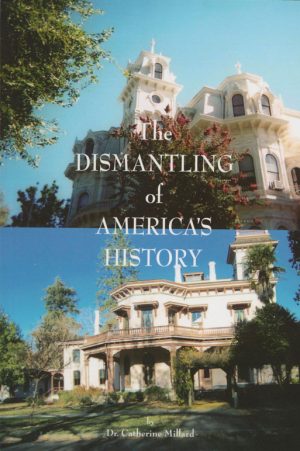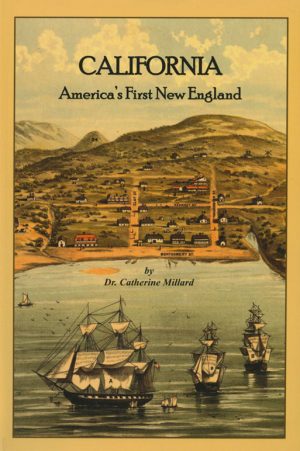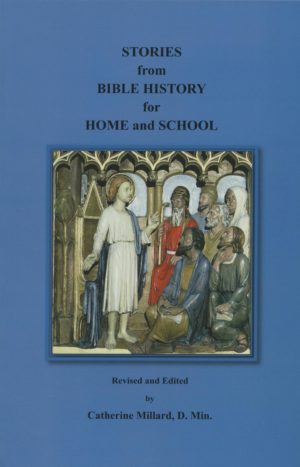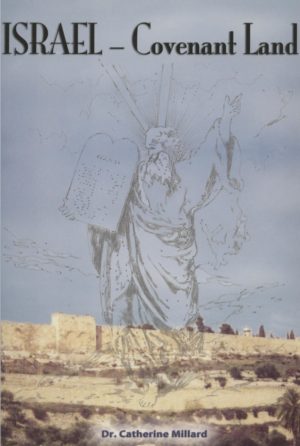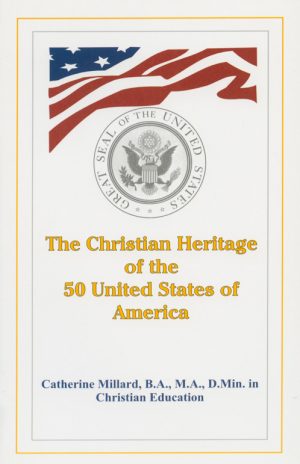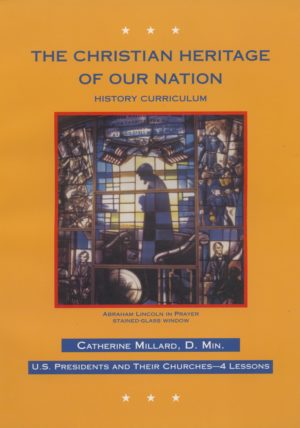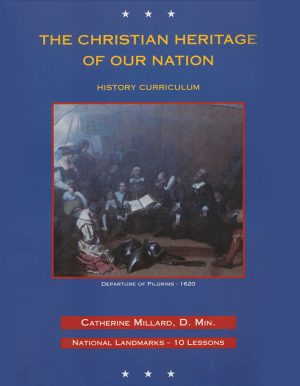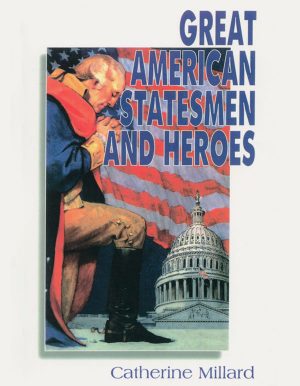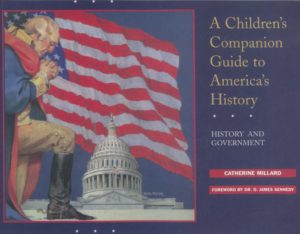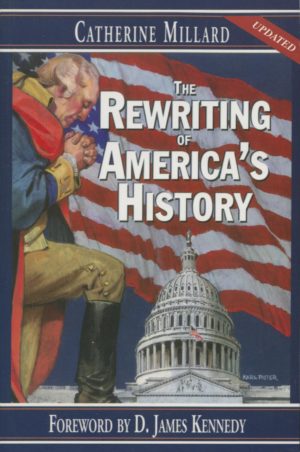In Noah Webster’s 1828 Dictionary (of that era), a “deist” was, “One who believes in the existence of a God, but denies revealed religion; one who professes no form of religion, but follows the light of nature and reason, as his only guides in doctrine and practice; a free-thinker.”
The following quotations are but a few of Jefferson’s writings which disprove his being a “deist.” His Second Inaugural Address (March 4, 1805), draws a parallel between Almighty God’s deliverance of his people Israel, and His deliverance of the persecuted Pilgrims, into a new land by “His providence, wisdom, power and goodness” – all personal attributes:
“…I shall need, too, the favor of that Being in whose hands we are, who led our forefathers as Israel of old, from their native land and planted them in a country flowing with all the necessities and comforts of life, who has covered our infancy with His Providence and our riper years with His wisdom and power, and to whose goodness I ask you to join with me in supplications that He will so enlighten the minds of your servants, guide their councils and prosper their measures, that whatever they do shall result in your good, and shall secure to you the peace, friendship and approbation of all nations.”
A letter to Levi Lincoln, and written from Jefferson’s Virginian home, Monticello, dated August 26, 1801, gives his views on the excesses inherent within the hierarchal, state-controlled church:
“…from the clergy I expect no mercy. They crucified their Savior who preached that their kingdom was not of this world: and all who practice on that precept must expect the extreme of their wrath. The laws of the present day withhold their hands from blood; but lies and slander still remain to them…”
Jefferson’s famed 1786 Statute for Religious Freedom in Virginia, disestablished the Anglican state-controlled church, thus setting free all the mainline Protestant churches to worship Almighty God in their own mode, and electing pastors of their own choice, as follows:
Jefferson’s 1786 Statute for Religious Freedom
‘WELL aware that Almighty God hath created the mind free; that all attempts to influence it by temporal punishments or burdens, or by civil incapacitations tend only to beget habits of hypocrisy and meanness, and are a departure from the plan of the Holy Author of our Religion, who being Lord both of body and mind, yet chose not to propagate it by coercions on either, as were in his Almighty power to do; that the impious presumption of legislators and rulers civil, as well as ecclesiastical, who being themselves but fallible and uninspired men, have assumed dominion over the faith others, setting up their own opinions and modes of thinking as the only true and infallible, and as such endeavoring to impose them on others, hath established and maintained false religions over the greatest part of the world, and through all time: That to compel a man to furnish contributions of money for the propagation of opinions which he disbelieves, is sinful and tyrannical; that even the forcing him to support this or that teacher of his own religious persuasion, is depriving him of the comfortable liberty of giving his contributions to the particular pastor whose morals he would like to pattern, and whose powers he feels most persuasive to righteousness, and is withdrawing from the ministry those temporary rewards, which proceeding from an approbation of their personal conduct, are an additional incitement to earnest and unremitting labours for the instruction of mankind; that our civil rights have no dependence on our religious opinions, more than our opinions in physics or geometry; that therefore the proscribing any citizen as unworthy the public confidence, by laying upon him an incapacity of being called to offices of trust and emolument, unless he profess or renounce this or that religious opinion, is depriving him injuriously of those privileges and advantages, to which, in common with his fellow-citizens, he has a natural right; that it tends also to corrupt the principles of that very Religion it is meant to encourage, by bribing with a monopoly of worldly honours and emoluments, those who will externally profess and conform to it; that though indeed these are criminal who do not withstand such temptation, yet neither are those innocent who lay the bait in their way; that to suffer the Civil Magistrate to intrude his powers into the field of opinion, and to restrain the profession or propagation of principles on supposition of their ill tendency, is a dangerous fallacy, which at once destroys all religious liberty, because he being of course judge of that tendency, will make his opinions the rule of judgment, and approve or condemn the sentiments of others only as they shall square with or differ from his own; that it is time enough for the rightful purposes of Civil Government, for its officers to interfere when principles break out into overt acts against peace and good order; and finally, that Truth is great and will prevail if left to herself: that she is the proper and sufficient antagonist to error, and has nothing to fear from the conflict, unless by human interposition disarmed of her natural weapons, free argument and debate, errors ceasing to be dangerous when it is permitted freely to contradict them…”
In his foregoing Statutes Jefferson specifies freedom of persons to support “a pastor” of their choosing, which clearly denotes Protestant Christianity – “a rector” denoting the Anglican Church, and “a priest,” the Catholic church. This document being the forerunner of the First Amendment Clause, or “Establishment Clause,” its meaning – in context, is “Separation of Church from Interference by the State,” (that the Civil Magistrate has no power to interfere in Christian worship) and not to the contrary. His Statute for Religious Freedom was against the establishment of Religion by Law, thus protecting and separating the Church (from control by) the State.1
With the passage of this Statute for Religious Freedom, Alexandria’s Presbyterians in Virginia petitioned the General Assembly “praying that the Society of which we are members may be constituted a Body corporate and politic and vested with such civil prerogatives and privileges as are usually granted to other incorporated Churches saving to them the free and full exercise of every spiritual power which essentially belongs to them in the capacity of a Christian Church.” 2
The above gives credence to Thomas Jefferson’s belief in a personal God – “Almighty God;” “Creator;” “the Holy Author of our Religion;” “Lord of both body and mind” and Sovereign (His Almighty Power). He also asserts that “…to compel a man to furnish contributions of money for opinions he disbelieves is sinful and tyrannical…” from which we conclude that Jefferson believed in sin, denounced in the Bible.
To learn more, click here. (Founders’ book)
___________________________
Bibliography:
1
Library of Congress, Rare Book Collection, Washington, D.C.
2
Archives of the Old Presbyterian Meeting House, Alexandria, Virginia.
